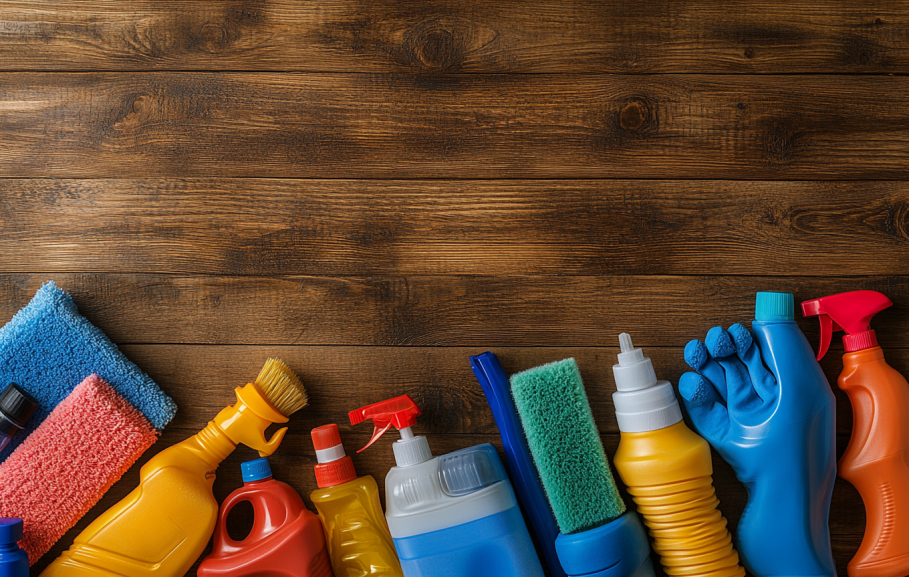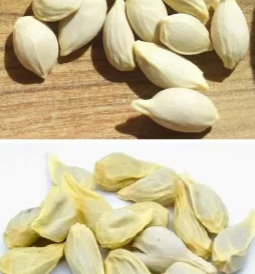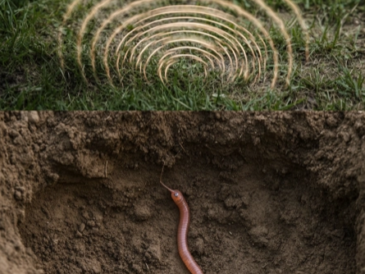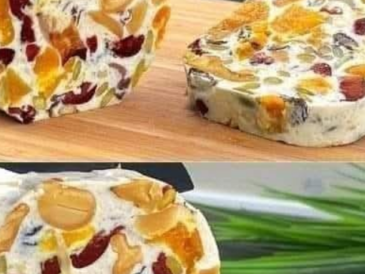Dealing with a clogged drain is one of those frustrating household problems that everyone encounters at some point. Whether it’s a slow-draining sink, a backed-up shower, or a completely blocked drain, the inconvenience can quickly escalate, often leaving you with no choice but to call in a plumber. However, professional plumbing services can be expensive, and many commercial drain cleaners are loaded with harsh chemicals that can damage your pipes and harm the environment.
But what if I told you there’s a simple, natural way to unclog your drain using items you likely already have in your kitchen? This method is not only effective and eco-friendly but also easy on your wallet. In this article, we’ll explore a tried-and-true trick to unclog drains using baking soda, white vinegar, and boiling water. This process is straightforward, safe, and can save you time, money, and a lot of frustration.
Why Drains Get Clogged
Understanding the common causes of clogged drains can help you prevent them:
Foreign Objects: Small toys, jewelry, or excess toilet paper can accidentally find their way into drains, causing clogs.
Grease and Fat: When poured down the drain, grease and fats solidify inside pipes, gradually leading to blockages.
Hair and Soap Scum: In bathrooms, hair and soap residue combine, creating sticky clogs in sinks and showers.
Food Waste: Kitchen sinks often get blocked by items like coffee grounds, eggshells, and fibrous vegetables, especially when not properly disposed of.
The Natural Solution: Baking Soda and Vinegar
Now that we understand the common causes of clogged drains, let’s look at how to clear them using a natural and effective method. The combination of baking soda and vinegar creates a powerful reaction that can break down clogs, while boiling water helps to flush the debris away.
Why Baking Soda and Vinegar Work
- Baking Soda: This common household item is a natural abrasive that can help dislodge debris stuck inside your pipes. It’s also a deodorizer, which means it can help eliminate unpleasant odors that often accompany clogged drains.
- White Vinegar: Vinegar is an acidic substance that reacts with baking soda to create carbon dioxide bubbles. This fizzy reaction can help break down tough clogs and push debris through the pipes.
- Boiling Water: Hot water helps to melt and loosen grease and other materials that may be contributing to the clog. It also helps to flush out the pipes, removing any remaining debris.
Materials You Will Need
Here’s what you’ll need to get started:
- Baking Soda: About half a cup.
- White Vinegar: Approximately one cup.
- Boiling Water: Two pots of boiling water.
Step-by-Step Instructions
Follow these simple steps to unclog your drain using baking soda, vinegar, and boiling water:
1. Boil Water
Start by bringing a pot of water to a rolling boil. Boiling water is essential because it helps to soften and dislodge any grease or soap buildup that may be causing the clog. Carefully pour the boiling water down the clogged drain. The heat from the water will begin to break down any solidified materials and make it easier for the baking soda and vinegar to do their job.
2. Add Baking Soda
After pouring the boiling water down the drain, immediately follow with about half a cup of baking soda. Baking soda’s abrasive nature makes it perfect for attacking clogs from the inside out. Allow the baking soda to settle into the drain, giving it a few minutes to start working.
3. Pour Vinegar
Next, pour a cup of white vinegar down the drain. When vinegar comes into contact with baking soda, it creates a fizzy reaction that helps to break down tough clogs. The bubbles formed by this reaction can penetrate and loosen stubborn debris that’s stuck in your pipes.
4. Let It Sit
Once you’ve poured the vinegar into the drain, let the mixture sit for about 5-10 minutes. This waiting period is crucial because it gives the baking soda and vinegar enough time to react fully and break down the clog. During this time, avoid running any water down the drain to allow the solution to work effectively.
5. Flush with Boiling Water
Finally, bring another pot of water to a boil and pour it down the drain. This final flush of boiling water will help to wash away any remaining debris, grease, or residue, leaving your pipes clear and free-flowing.
The Benefits of This Method
Using baking soda and vinegar to unclog drains offers several benefits compared to traditional chemical drain cleaners or calling a plumber.
1. Eco-Friendly
Unlike commercial drain cleaners, which often contain harsh chemicals, baking soda and vinegar are natural and environmentally friendly. They won’t harm your pipes, your health, or the environment.
2. Cost-Effective
Most people already have baking soda and vinegar in their kitchens, making this method incredibly cost-effective. Even if you need to purchase these items, they are much cheaper than store-bought drain cleaners or hiring a professional plumber.
3. Safe for Your Pipes
Chemical drain cleaners can be corrosive, potentially damaging your pipes over time. In contrast, baking soda and vinegar are safe to use on all types of plumbing, including older pipes, without causing damage.
4. Quick and Easy
This method is quick and easy, requiring only a few minutes of your time. It’s a simple DIY solution that can save you the hassle of dealing with a clogged drain.
Tips for Preventing Future Clogs
While the baking soda and vinegar method is effective for clearing clogs, prevention is always better than cure. Here are some tips to help prevent clogs from forming in the first place:
- Dispose of Grease Properly: Instead of pouring grease down the drain, collect it in a container and dispose of it in the trash. Grease is one of the leading causes of clogged drains.
- Use Drain Screens: Install drain screens in your sinks and showers to catch hair, food particles, and other debris before they enter your pipes.
- Avoid Overloading the Garbage Disposal: Be mindful of what you put in your garbage disposal. Avoid grinding fibrous vegetables, coffee grounds, and eggshells, as these can contribute to clogs.
- Run Hot Water Regularly: Once a week, run hot water down your drains to help prevent buildup. You can also periodically flush your drains with a baking soda and vinegar solution as a preventive measure.
When to Call a Professional
While the baking soda and vinegar method works well for most minor clogs, there are times when a professional plumber may be necessary. If you’ve tried this method multiple times and the clog persists, or if you’re dealing with a severe blockage, it’s best to seek professional help. Persistent clogs could indicate a more serious issue with your plumbing that requires expert attention.
Conclusion:
Clogged drains are a common household issue, but they don’t have to be a major headache. By using simple, natural ingredients like baking soda, vinegar, and boiling water, you can effectively clear most clogs without resorting to harsh chemicals or expensive plumbing services. This eco-friendly method is not only safe and effective but also incredibly easy to implement. So, the next time you find yourself dealing with a slow drain, give this method a try—you might be surprised at how well it works!




